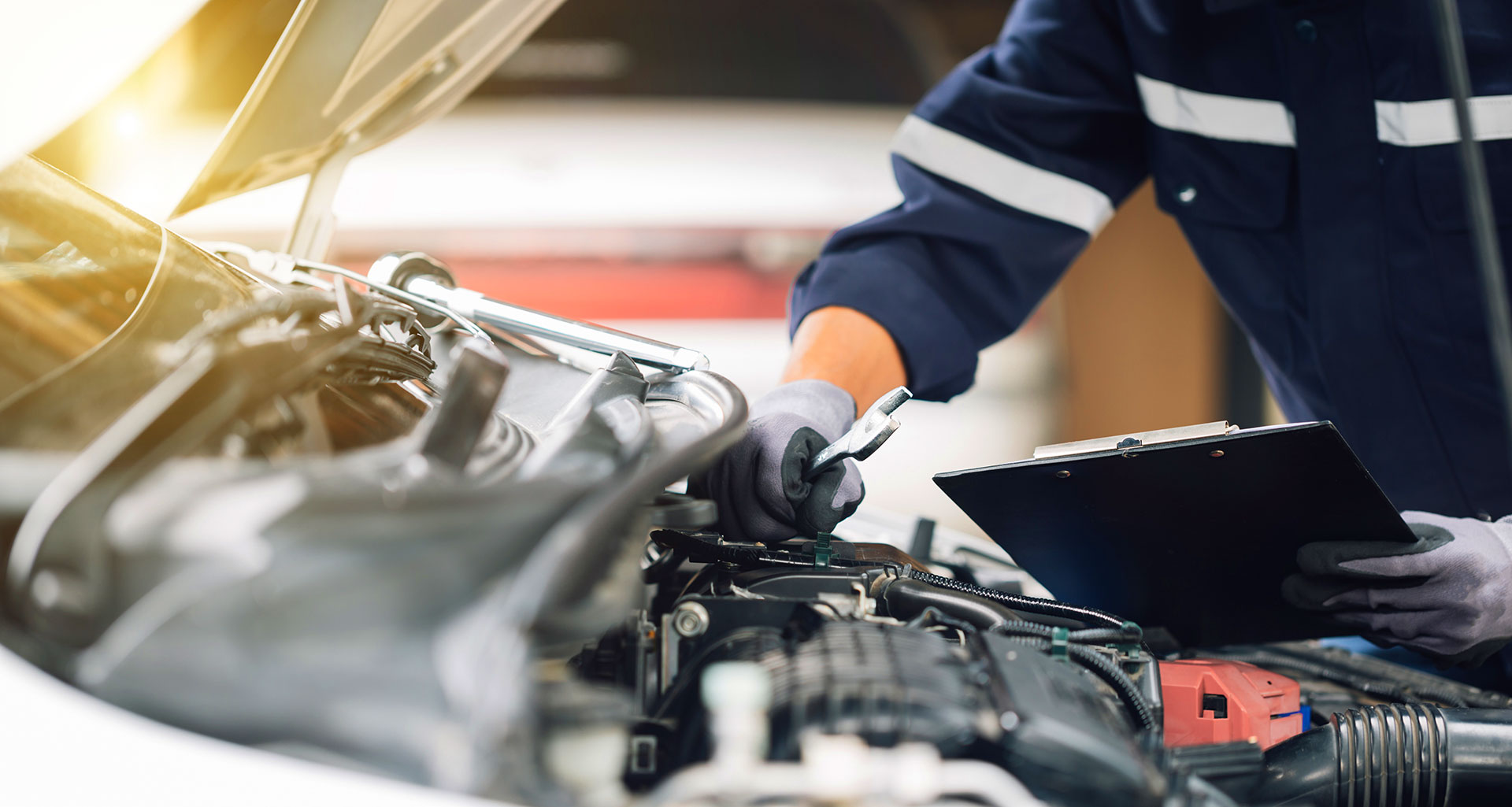
25 Mar 4 Essential Car Checkups That Keep You Safe on the Road
Driving feels routine—until something goes wrong. A sudden flat tire, flickering headlights, or grinding brakes can turn an ordinary drive into a dangerous situation. The good news? Most car troubles give warning signs if you know where to look.
Regular checkups don’t just prevent breakdowns. They keep you, your passengers, and everyone else on the road safe.
Check Your Tires Before They Check Out
Tires take a beating—potholes, sudden stops, extreme temperatures. Worn-out treads or low pressure can cause poor handling, reduced traction, or even a blowout at high speeds.
- Check tire pressure monthly to ensure even wear and fuel efficiency
- Inspect tread depth—balding tires can’t grip the road properly
- Rotate and align tires to extend their lifespan and improve handling
A quick tire check can mean the difference between staying in control and skidding into trouble.
Brakes Should Stop You, Not Surprise You
Brakes don’t just stop the car—they prevent accidents. But they wear down slowly, which makes it easy to ignore the warning signs.
Listen for squeaking, grinding, or a spongy brake pedal. If stopping feels different than usual, it’s time for an inspection. Regular brake checks ensure that pads, rotors, and fluid are in top condition. Skipping them? That’s a risk no driver should take.
See and Be Seen—Lights and Wipers Matter More Than You Think
Headlights, brake lights, and turn signals aren’t just for you—they help others see you. A burned-out bulb or dim headlights can lead to missed signals and dangerous situations.
Wipers may seem minor, but in heavy rain or snow, visibility is everything. Cracked or streaky blades need replacing before the next storm. Keeping your windshield washer fluid topped off is just as important.
Seeing and being seen makes all the difference when conditions get tough.
Fluids Keep Everything Running—Check Them Regularly
Oil, coolant, brake fluid, transmission fluid—each plays a crucial role in keeping your car running smoothly. Low or dirty fluids can lead to overheating, engine damage, or sudden failures.
- Check oil levels regularly and schedule changes as recommended
- Monitor coolant levels to prevent overheating
- Ensure brake and transmission fluids are clean and at proper levels
- Keep windshield washer fluid filled for clear visibility
A quick check under the hood every few weeks helps catch leaks or low levels before they turn into major problems.
Conclusion
A well-maintained car is a safe car. Taking the time for routine checkups prevents costly repairs, breakdowns, and accidents.
Because the best way to handle a car problem is to stop it before it starts.

